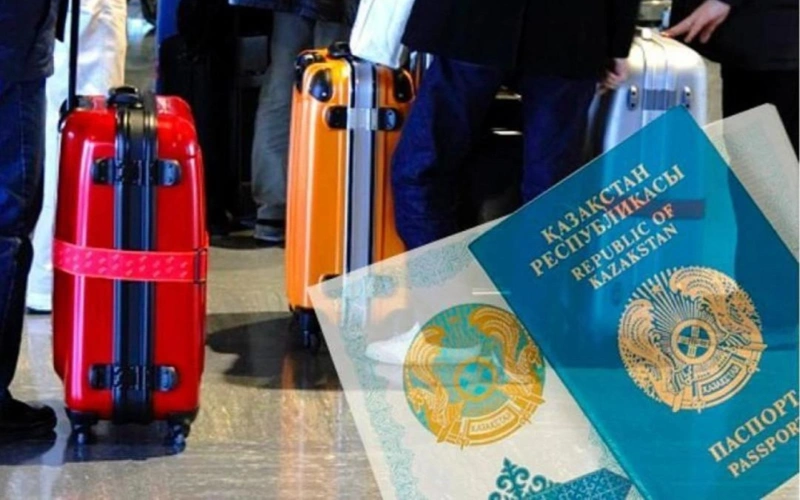Over 11,000 ethnic Kazakhs return to Kazakhstan since beginning of year
More than 11,000 ethnic Kazakhs have returned to the historical homeland and obtained the status of Kandas since the beginning of 2025, Kazinform News Agency reports citing the Ministry of Labor and Social Protection.

“In 2025, a total of 11,012 ethnic Kazakhs returned to their historical homeland and obtained kandas status. Since 1991, Kazakhstan has welcomed back 1,159,100 ethnic Kazakhs,” the ministry reported.
This year, 45.7% of arrivals came from Uzbekistan, 42.1% are from China, 4.5% are from Turkmenistan, 2.6% are from Russia, 2.6% are from Mongolia, and 2.5% are from other countries.
As of October 1, 2025, 58.4% of ethnic migrants are of working age, 32.8% are underage children, and 8.8% are pensioners. Among the working-age group, 15.3% hold higher education degrees, 28.4% have vocational education, 50.6% have completed secondary education, and 5.7% have no education certificates.
The arriving ethnic Kazakhs have settled in various regions across the country. At the same time, several labor-deficient areas, including the Abai, Akmola, Kostanay, Pavlodar, Atyrau, West, East, and North Kazakhstan regions, have been designated for their relocation.
The 2025 quota for kandas resettlement in these regions is set at 2,309 people. As of October 1, 1,725 kandas have already relocated there.
Kandas who move to these designated regions receive state support in the form of a relocation subsidy — a one-time payment of 70 monthly calculation indices (275,200 tenge) per family member — and monthly housing and utility allowances ranging from 15 to 30 MCI (59,000–118,000 tenge) for one year.
Since the beginning of the year, various forms of assistance have been provided to 916 kandas, including permanent employment for 277 individuals.
In addition, to improve the effectiveness of voluntary relocation, institutional measures have been introduced to support employers involved in resettling citizens in northern regions. An economic mobility certificate has been implemented, allowing recipients to buy or build housing or cover part of a mortgage down payment. The certificate provides a one-time, non-repayable grant of up to 50% of the housing cost or up to 4.56 million tenge per family.
As reported earlier, over 1 million ethnic Kazakhs have returned to the historical homeland since 1991.

